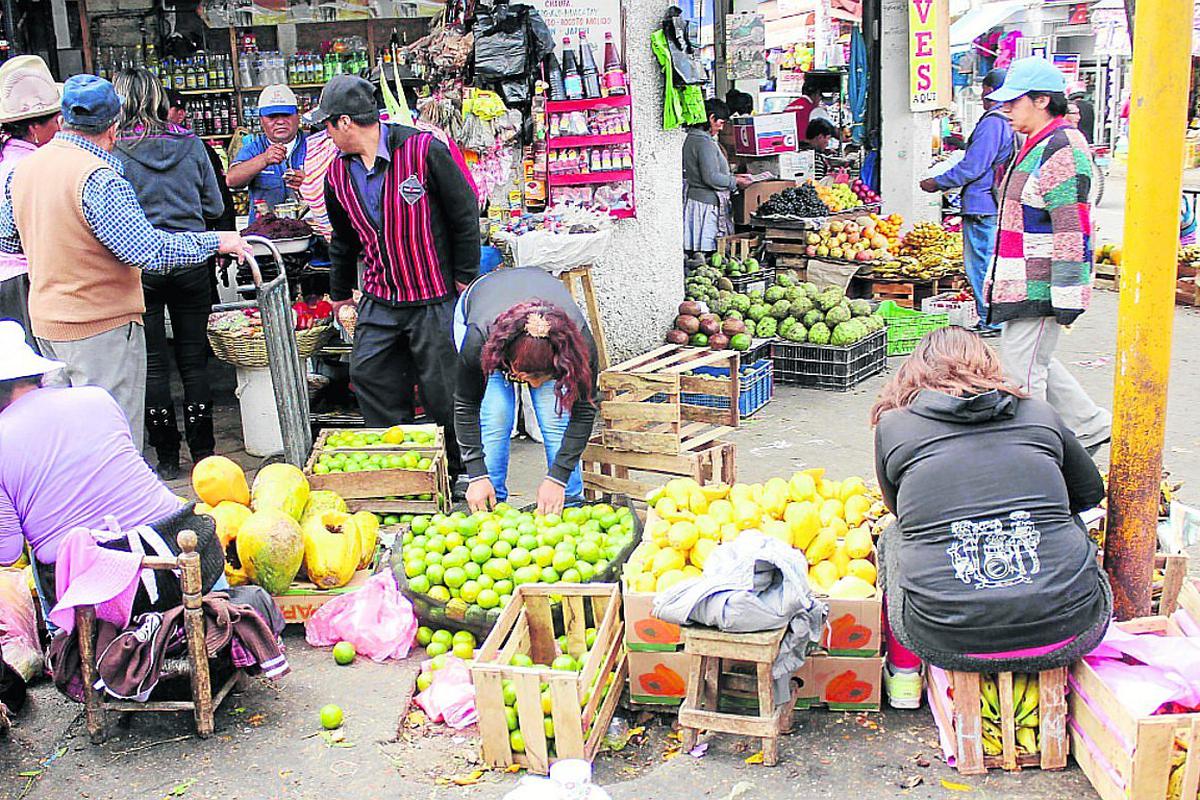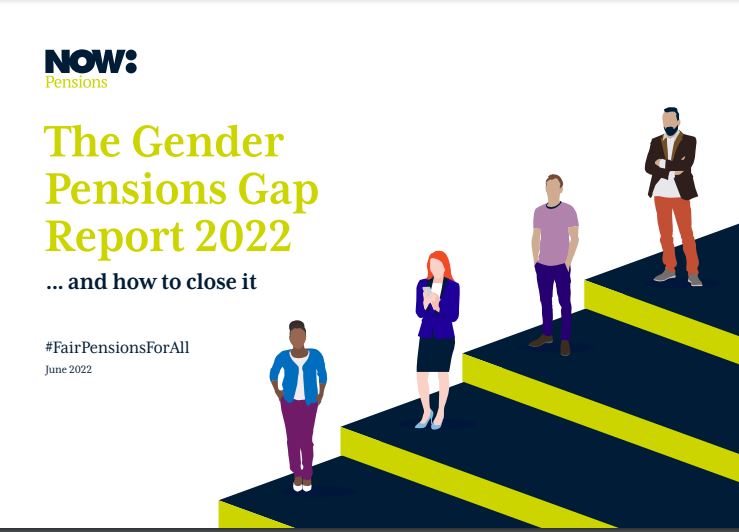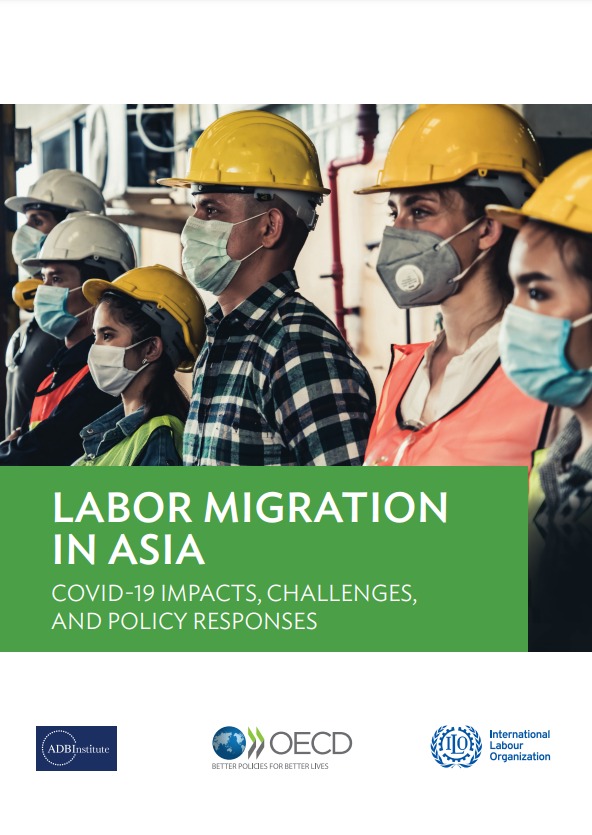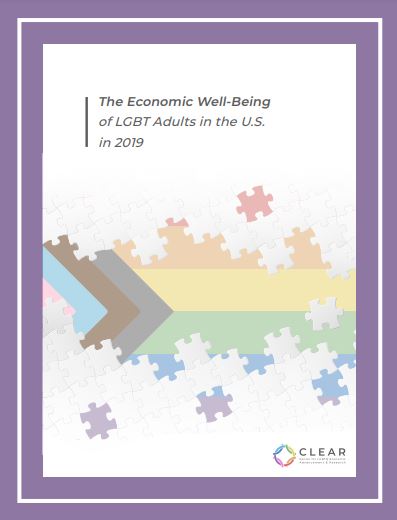Does Informality Hold the Key to Growth and Stability?
By Meghna Dutta This paper attempts to analyse the impact of a prevailing informal sector on the dynamics of growth and inflation in developing economies. The high growth rates posited by most developing economies in the presence of a huge informal sector suggest that this sector might not be the malefactor as often indicated. The main results show that the informal economy not only contributes to economic growth but the firms also help to significantly reduce inflation by generating employment...










